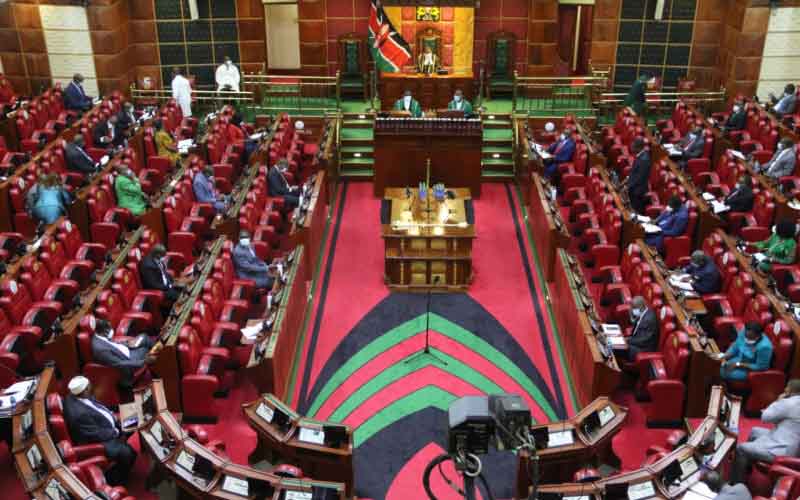×
The Standard e-Paper
Smart Minds Choose Us

Parliament in a previous session [Elvis Ogina, Standard]
A fresh political clash looms in the National Assembly following the introduction of a Bill seeking to bring back manual transmission of election results last used in 2007.